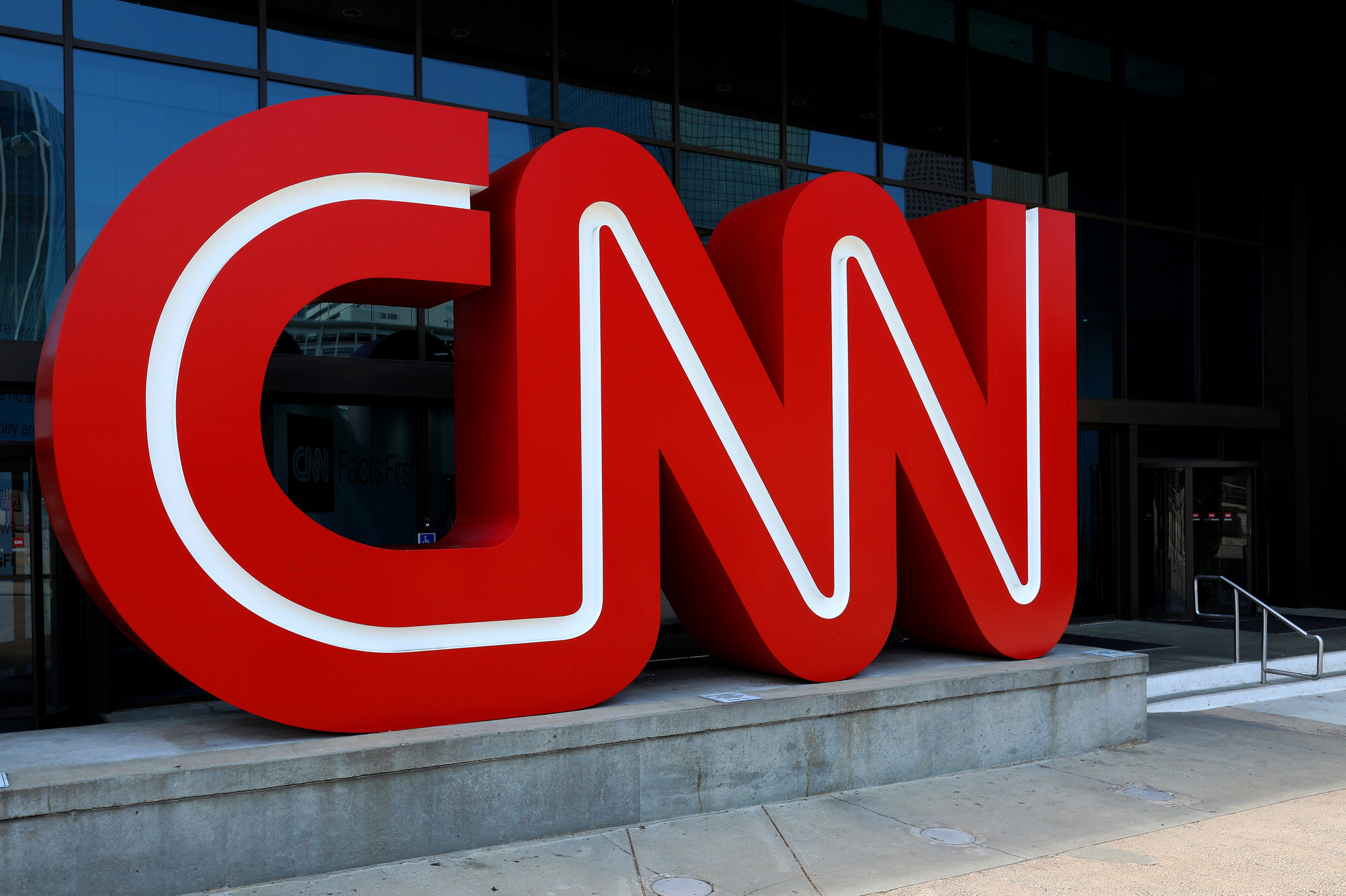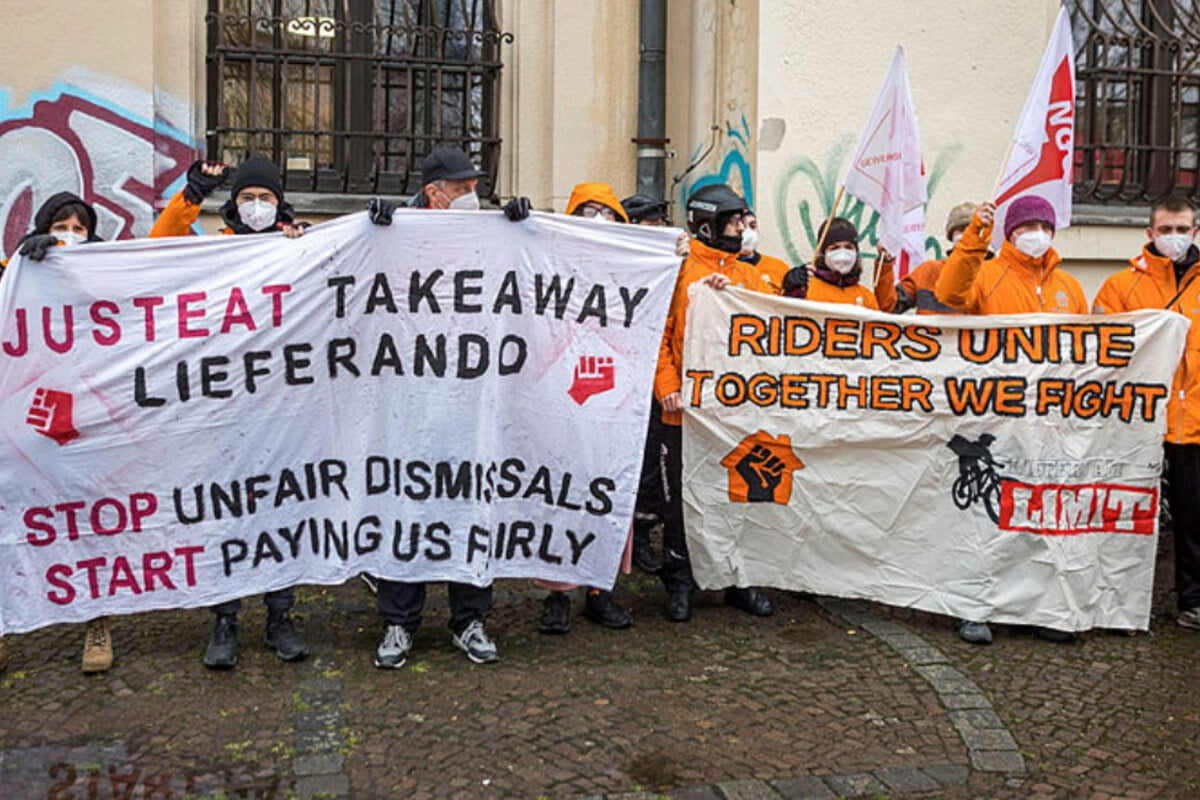It is the day when the media takes a step back in Russia. In the evening came the announcement that the agency Bloomberg it has suspended all the activities of its journalists in the country. A line that was also followed by the television broadcaster Cnn which has chosen not to broadcast across Russia anymore. Since the Russian occupation forces invaded Ukraine last week, they have been arriving from Moscow numerous limitations towards the media, aimed at to check information on warfare. Novaya Gazeta he said that previously the Russian agency Roskomnadzor, which controls communications, had asked Novaya Gazetaa Dozhda Mediazone and other media to cancel some of their articles for calling the operations “war” Putin in Ukraine. Among the most recent operations is that of today, March 4, against various international newspapers: the Russian authorities have “limited” access to the websites of the BbcOf German waveof the online newspaper Jellyfish and of Radio Liberty. The British broadcaster responded by withdrawing its journalists from Russia: Moscow criminalizes independent journalism, denounced director general Tim Davie. As for Russian national broadcasters, liberal radio too Eco announced the closure, as well as independent TV Dozhd. In recent days, both broadcasters had been blocked by the Russian authorities.
The Russian online newspaper Sign stated that they had suspended their business. The news was reported by the independent Russian newspaper Novaya Gazeta, citing the Telegram channel of the newspaper. On the home page of the newspaper appeared this message from the editorial staff: “We are discontinuing our business due to the large number of restrictions on media activities in Russia that have appeared in recent times.” The Russian news agency Tomsk Tv2, which had already been blocked for the dissemination of news relating to the war in Ukraine, is also closing today 4 March. In a post on Facebook, editor-in-chief Viktor Machnik explained: “We were ready for this. We have worked according to our professional rules. The main of these rules is simple: talk about what is really going on. And if in reality it is a war, we cannot call it otherwise at the request of the Russian authorities. We can’t even talk about what’s happening. ” On March 1, he explains Novaya GazetaRoskomnadzor, the Kremlin agency that oversees the world of information, had imposed and obtained by the agency to remove any news that spoke of what was happening in Ukraine.
Moscow takes sides against the US social networks
Moscow’s censorship on social media is getting tighter and tighter. First, the Russian MDIA Control Authority (Roskomnadzor) announced a country-wide Facebook block, then switched to Twitter. In both cases, the two social networks in recent days have begun to put filters to report and limit the dissemination of content financed by the Kremlin. The spread of these platforms in Russia is not comparable to that recorded in the Eruopeian countries. In fact, here there is a universe of parallel social networks ranging from VKontakte, created by the founder of Telegram, to Odnoklassniki, via Livejournal and RuTube, the Russian equivalent of YouTube.
The BBC returns to broadcasting on shortwave
The British The Guardian announced that the BBC will return to transmitting on shortwave, a technology that allows the radio signal to travel long distances and that had been abandoned in 2008. As the site recalls Hwupgrade this technology is in disuse in Italy, one of the few broadcasters to use it is Vatican Radio. The new signal can be found on the frequency 15735 kHz from 18.00 to 20.00 and on 5875 kHz from 00.00 to 02.00 according to the Ukraine time zone. All news will also be read in English and can also be received on portable devices.


